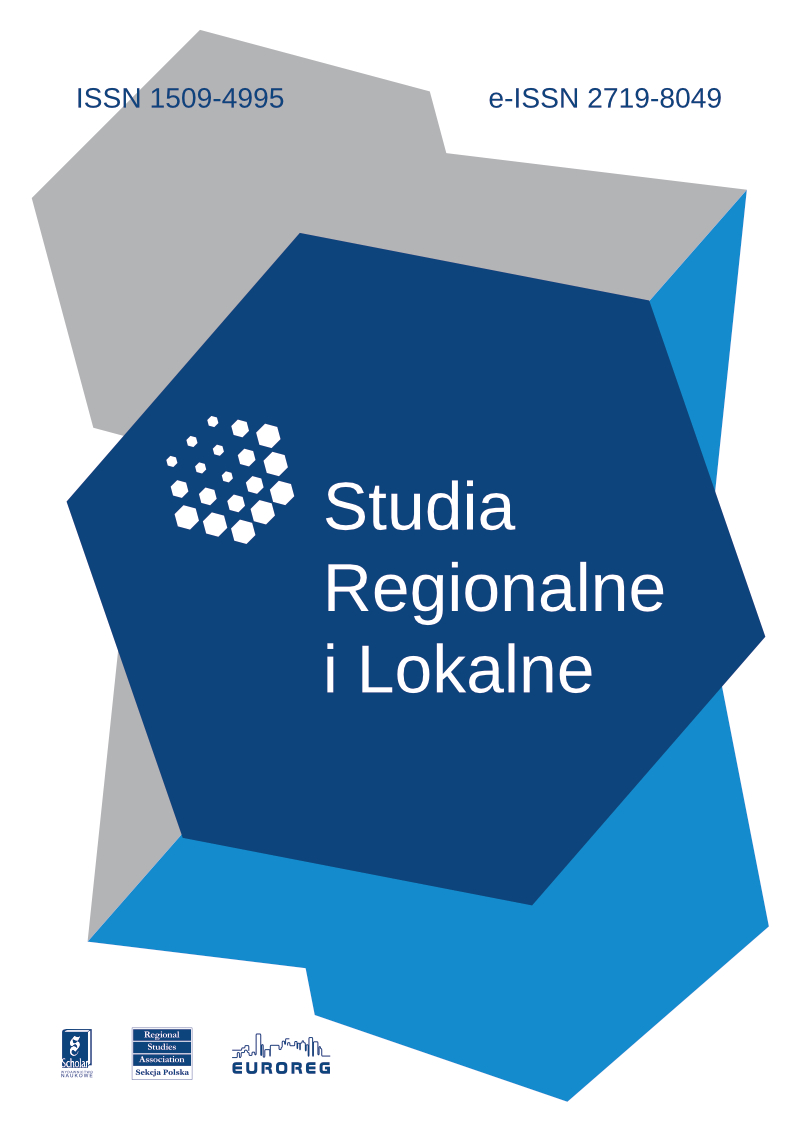Published in
5(Special Issue)/2009 (no guest editor)

- Małgorzata DymnickaFragmentation of Public Space - An Attempt at Recomposition[more]
- Anna Gąsior-Niemiec, Georg Glasze, Dorothea Lippok, Robert PützGating a city: The case of Warsaw[more]
- Grzegorz GorzelakThe City as an Object of Economic Research: from City-Market to City-Element of a Global System[more]
- Ewa RewersSegregation of Alien Bodies: Order and Exclusion[more]
- Maciej Smętkowski, Bohdan Jałowiecki, Grzegorz GorzelakMetropolitan Areas in Poland - Diagnosis and Recommendations[more]
- Marek S. Szczepański, Weronika Ślęzak-TazbirSmells of the City. Fragmentation and Privatisation of City Space from an Osmosociological Perspective[more]


